Will legal cases and court rooms be at risk because of AI generated fake evidence?
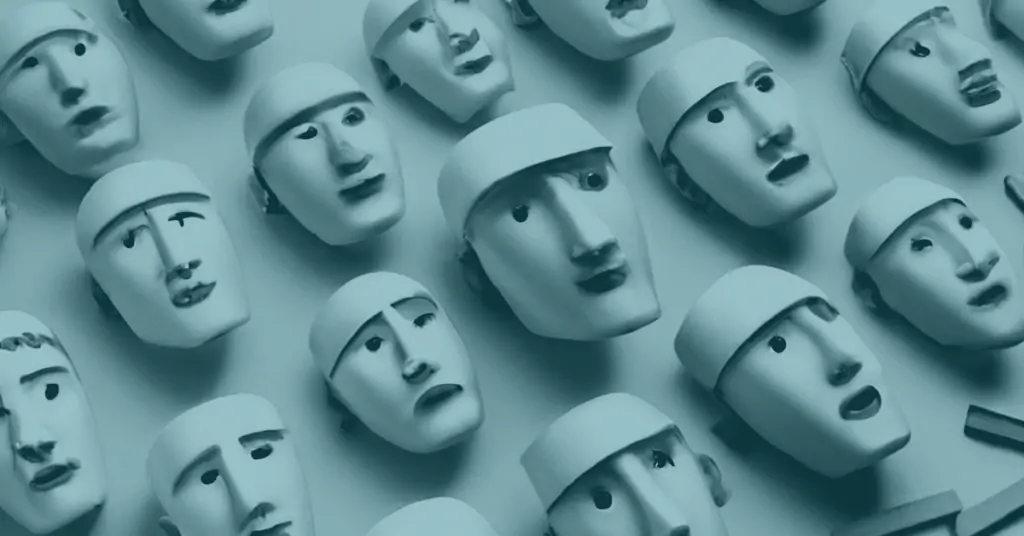
As AI technology advances, the ability to create convincing fake evidence—such as deepfake videos, forged voicemails, or manipulated images and other—poses a serious risk to criminal justice systems. These tools can be used to fabricate confessions, alter witness testimonies, or create false alibis, making it increasingly difficult to distinguish real from fake evidence. As detection methods struggle to keep pace with the technology, the legal system may face significant challenges in maintaining the integrity of trials, leading to wrongful convictions or the escape of guilty individuals. The need for advanced verification tools and updated legal frameworks has never been more urgent.
FBI releases an important public announcement you should know
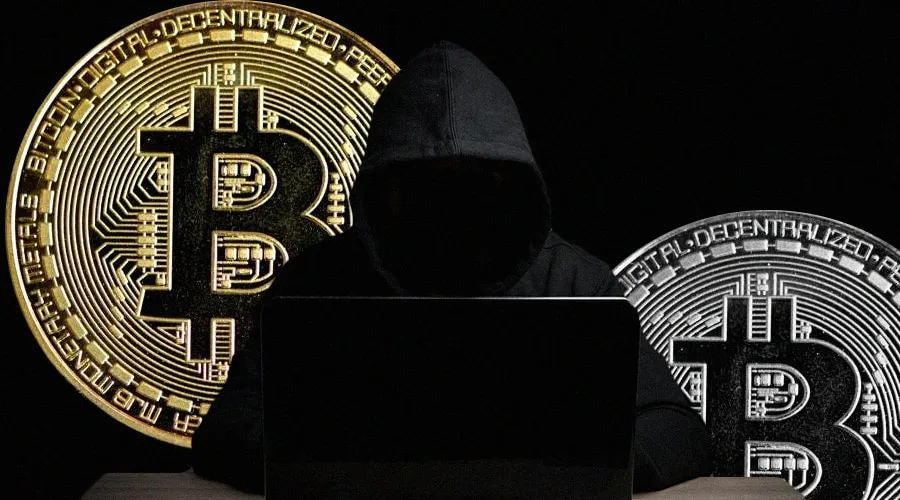
The Democratic People’s Republic of Korea (“DPRK” aka North Korea) is conducting highly tailored, difficult-to-detect social engineering campaigns against employees of decentralized finance (“DeFi”), cryptocurrency, and similar businesses to deploy malware and steal company cryptocurrency.
Artefaktum CEO writes in Special Edition of German “Förderkreis Deutsches Heer”

The InfoBrief Heer is the publication organ of the Förderkreis Deutsches Heer e.V. (FKH). FKH aims to bring together relevant forces from politics, society, business and the Bundeswehr who see themselves as having a special responsibility for the land forces involved in joint and multinational operations.
7 tips for cybersecurity at home or home office work

7 tips for proactively limiting or even blocking cyber threats at home to protect your home office work, your private internet activities and your children
How to compile a Suspicious Activity Report (SAR)
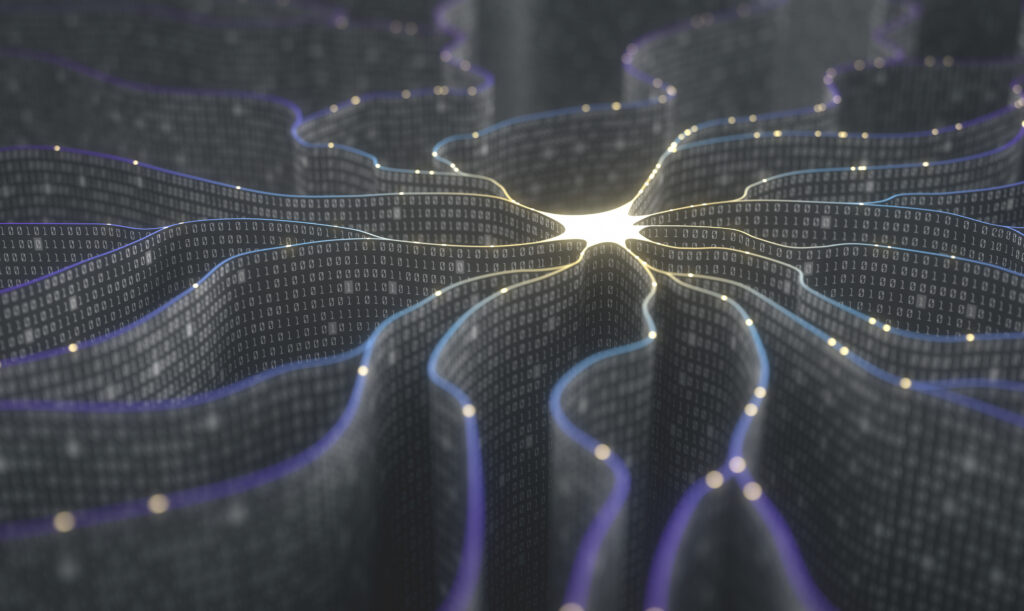
The way SARs are handled are often riddled with basic errors. Elements such as narrative, keywords, objective, and timing of submission can make a real difference in the quality of the reports. So how to compile an effective and correct SAR?
Germany about to establish a new financial crime agency
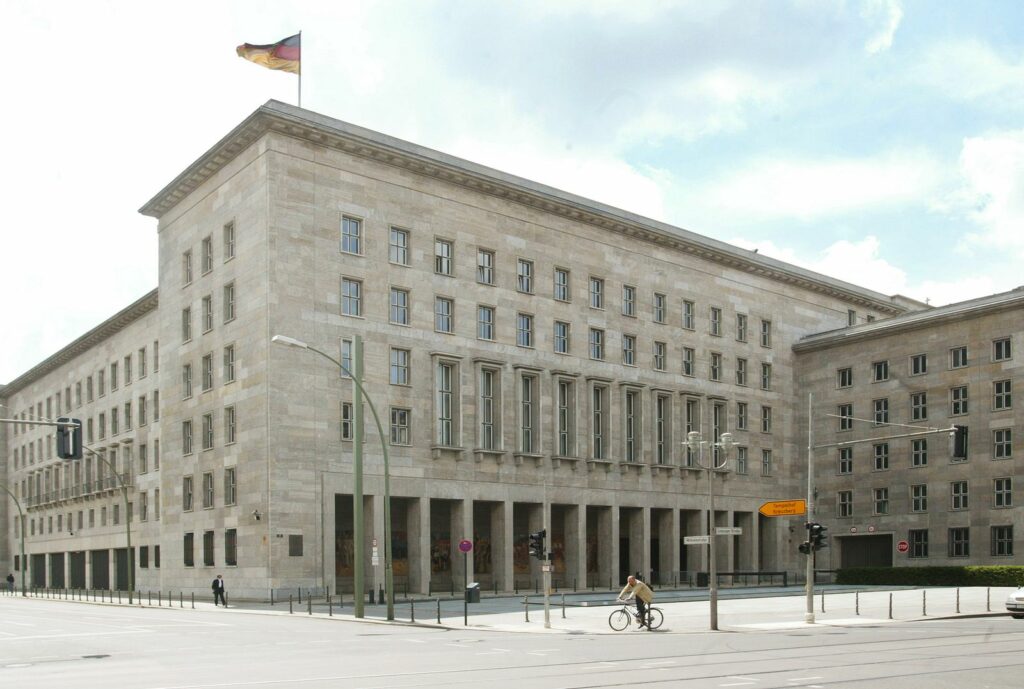
Germany is to establish a new beefed-up anti-money laundering authority, the Federal Authority for Fighting Financial Crime, or BBF in German
Amount of losses of crypto and investment fraud almost tripple

The FBI’s Internet Crime Complaint Center (IC3) published its annual report this year. Here are a few highlights.
Lawyer sentenced; invoked attorney-client privilege to conceal fraud

Illinois Lawyer Sentenced to Nine Years in Prison for Sophisticated Wire Fraud and Money Laundering Scheme
Germany’s Federal Criminal Police Office Takes Down Hydra Darknet Marketplace

On April 5th Germany’s Federal Criminal Police Office, the Bundeskriminalamt (BKA), announced the official takedown of Hydra, the world’s largest illegal darknet marketplace.
Hong Kong – Be aware of the Personal Data Laws
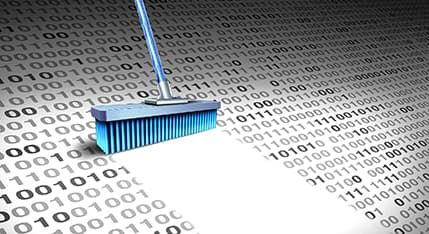
HONG KONG’S PERSONAL DATA LAW ARE SUPER STRICT
WHAT THEY MEAN FOR INVESTIGATIONS


